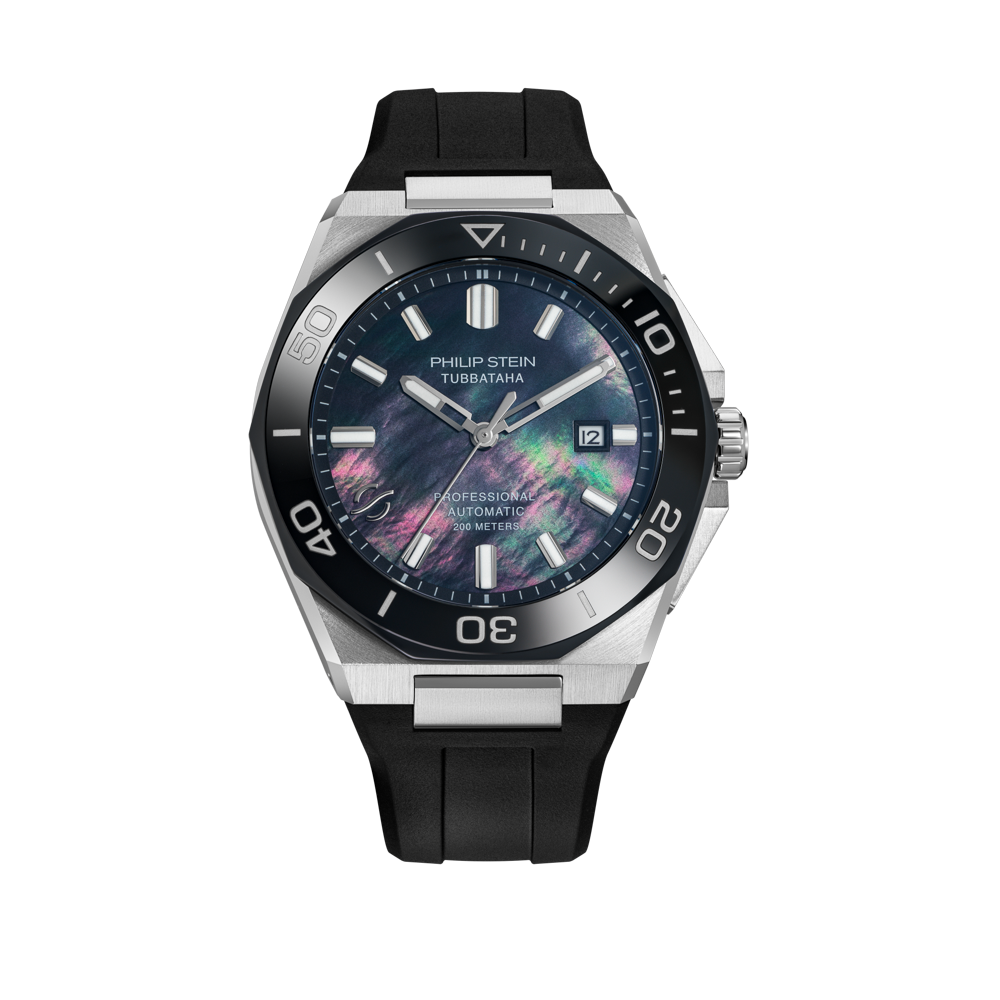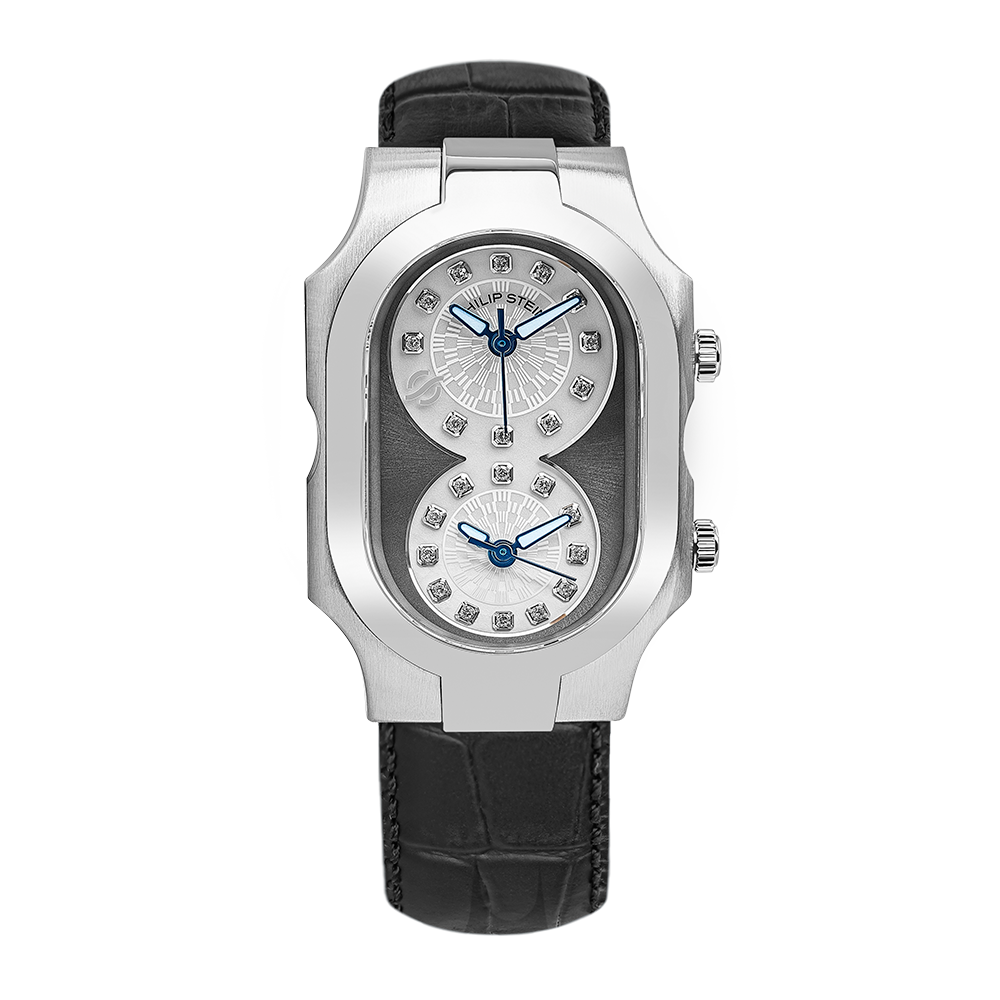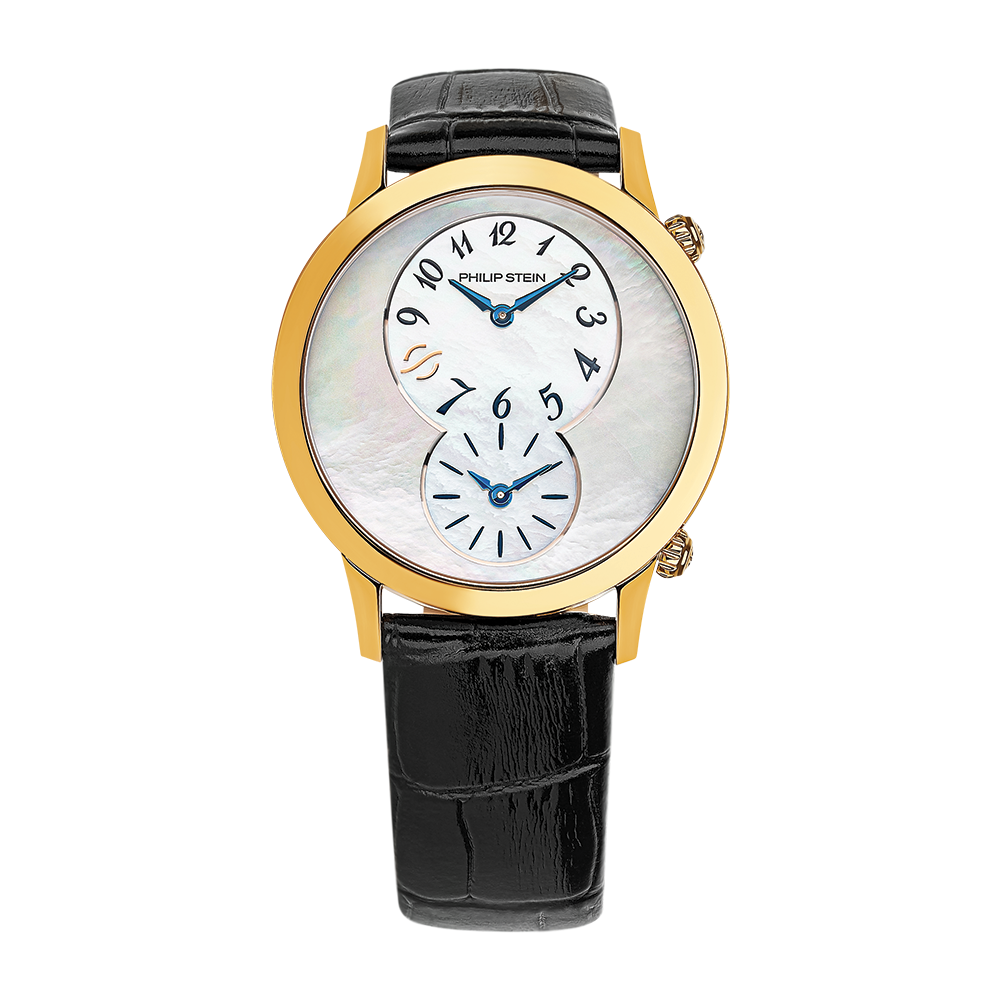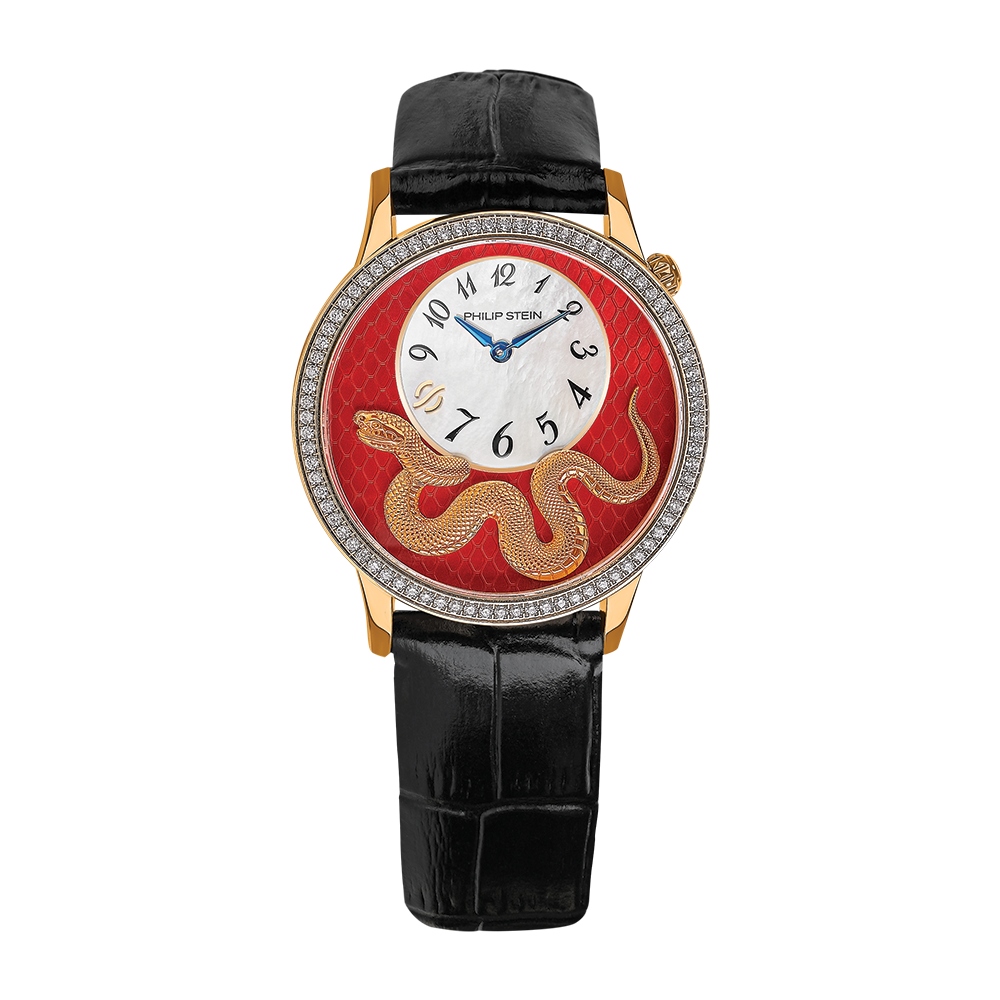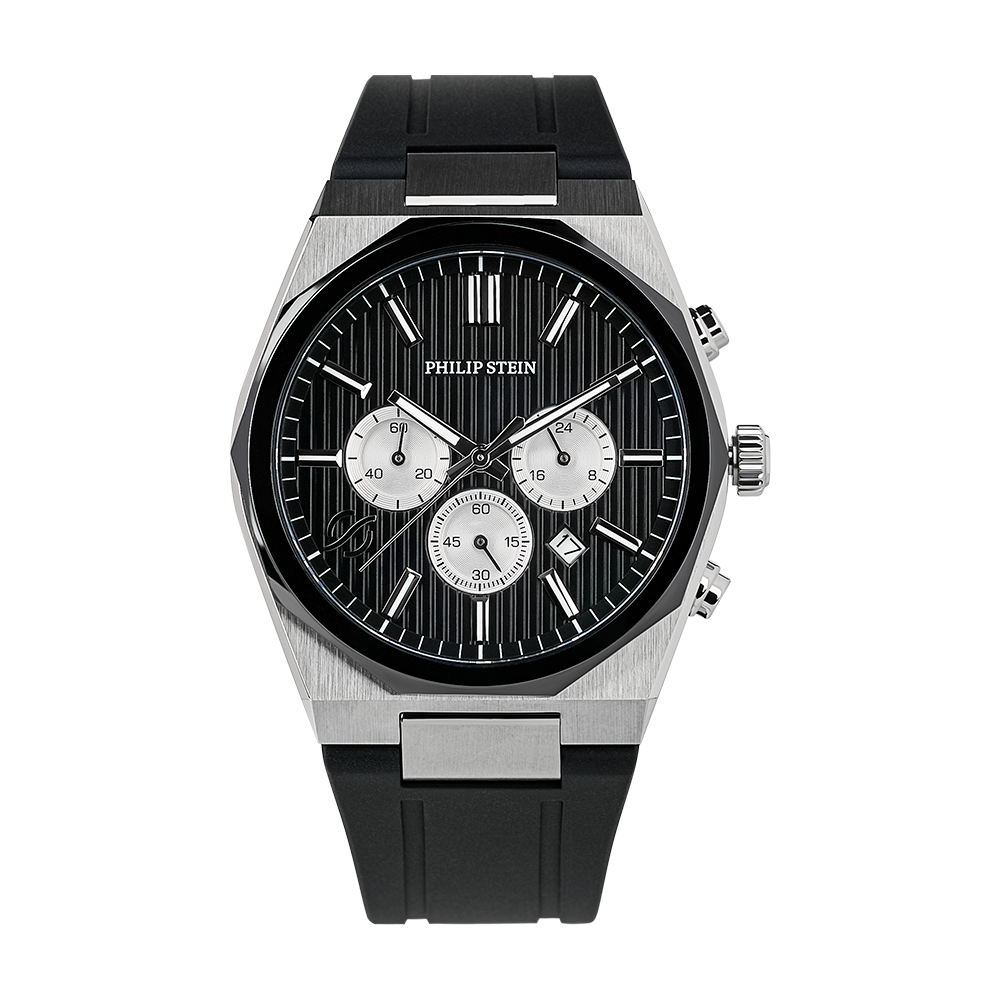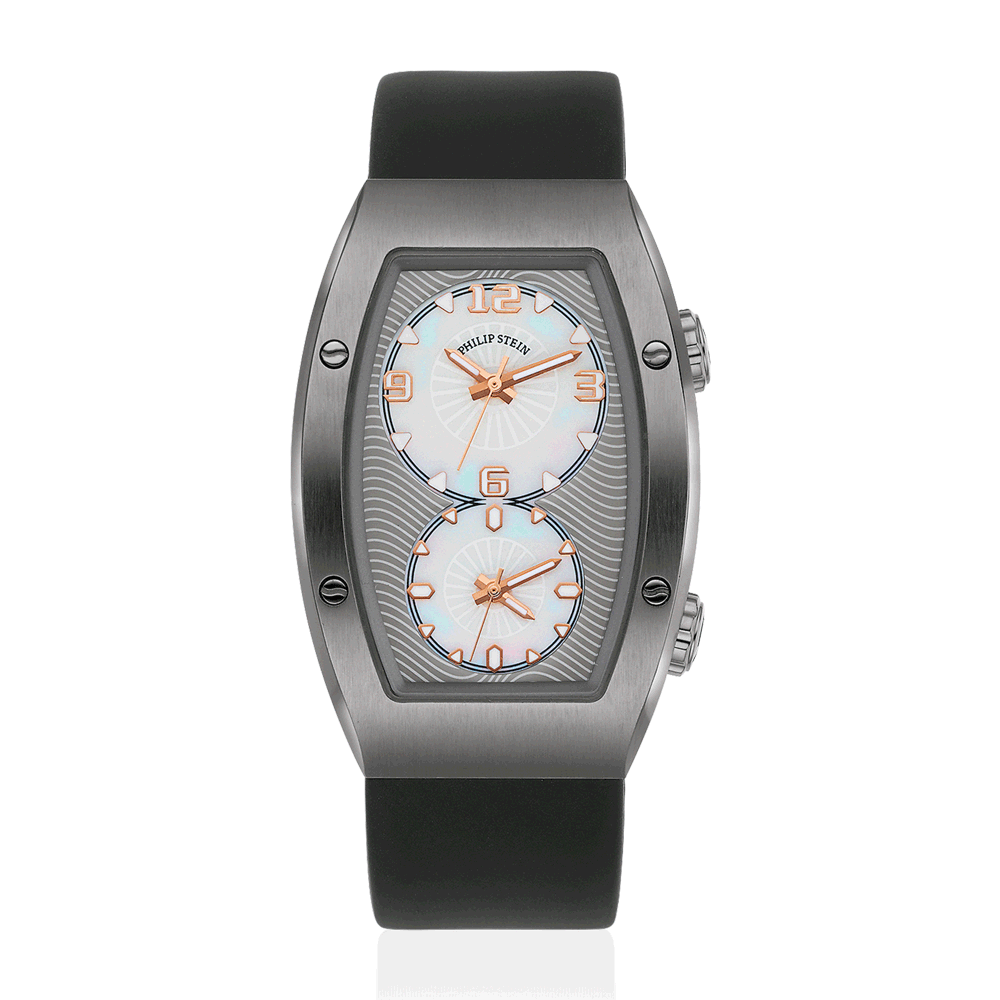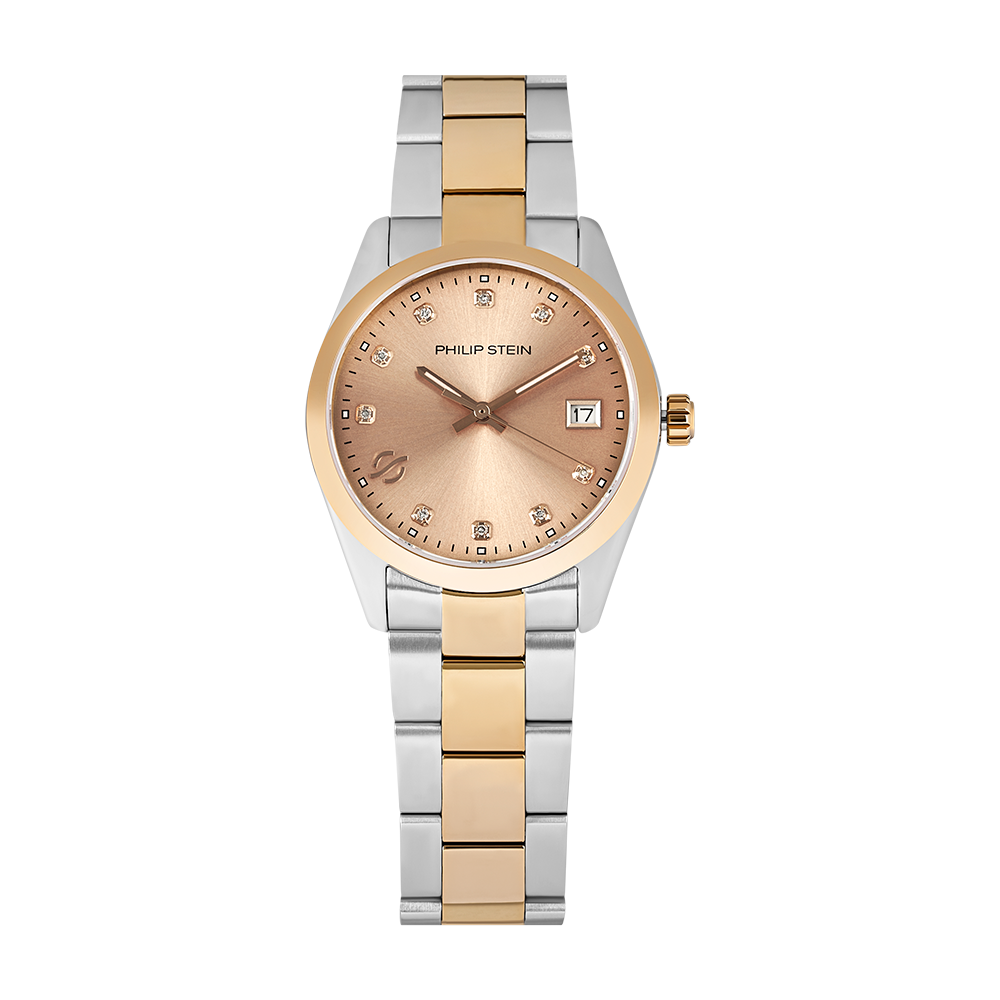It’s a common complaint: There just aren’t enough hours in the day. Advances in technology — particularly communication technology — has led to longer work days, busier schedules and an all-out effort to pack as much as possible into our waking hours. Modern society all but demands an “always on” mentality.
It’s no surprise that 33% of all adults in the United States go about their days feeling sleep-deprived. With this seemingly ubiquitous sleep deprivation problem, it’s likely that most people (understandably) don’t overthink how much the average person spends sleeping over the course of a lifetime.
The National Institute of Health estimates that the average individual spends a third of their life asleep. That equates to 26 years spent in bed sleeping for an average life expectancy of 78 years!
Is it possible to get less sleep per day (and per lifetime) without suffering the adverse effects of sleep deprivation? Proponents of polyphasic sleep believe they’ve found a way.
Sleep is essential not only for humans, but for just about every animal on Earth. Sleep benefits just about every system and organ in the body. It recharges the mind and body, helps the brain retain memories, reduces stress, boosts energy and reduces the risk of early death from heart disease, high blood pressure and stroke.
Additionally, the prevalence of sleep-deprivation has spurred advances in sleep science and sleep technology; from wearable sleep technology like sleep trackers and sleep wristbands to “smart” mattresses and insomnia treatment apps. For most people, getting the recommended eight to ten hours of quality shuteye per night is an ongoing struggle.

Most people sleep for one hourly block (e.g., six hours) each night. This sleep pattern is known as monophasic sleeping. It involves multiple sleep cycles of approximately 90 minutes of lighter non-rapid eye-movement sleep (NREM), followed by a brief period of rapid-eye-movement (REM) sleep.
REM sleep or “deep sleep” is when dreams occur and when the mind and body repair themselves. REM sleep is beneficial, but brief. REM sleep accounts for only 20% of total sleep time.
An alternative method of sleeping is known as polyphasic sleeping. A polyphasic sleep schedule involves sleeping multiple times in a single 24-hour period. According to the Polyphasic Society, there are a few different types of polyphasic sleep schedules, including the “Uberman” and the “Everyman” sleep schedules.
The Uberman sleep schedule consists of six 20-minute naps throughout the day. The Everyman sleep schedule involves sleeping for one three-hour block followed by three 20-minute naps spread throughout the day.
Followers of the polyphasic sleep method believe that only sleep-quality, not quantity, is what’s vital for overall health and well-being. Although everyone needs sleep to be healthy, only REM sleep is essential to maintaining wellness. The idea behind the polyphasic sleep method is that sleeping for shorter blocks of time, no more than four hours a day, allows the brain to enter the beneficial REM sleep stage more quickly.
Modern, wearable sleep technology like the Philip Stein Sleep Bracelet, may enhance sleep-quality for polyphasic sleepers by helping them fall asleep faster and sleep more soundly. Each bracelet features an embedded metal disc that acts as an antenna to channel the Earth’s relaxation-promoting natural frequencies back into the body. As a result, polyphasic sleepers can wake up feeling more refreshed.
There’s evidence to suggest that there are health benefits to polyphasic sleeping, besides the obvious of having more waking hours to get things done. These benefits include increased mental clarity, more brainpower, better learning ability, feelings of euphoria, better productivity and decreased depression. There’s some anecdotal evidence that some of history’s greatest minds kept polyphasic sleep schedules, including Leonardo DaVinci, Nikola Tesla and Thomas Edison.

The polyphasic sleeping method remains controversial, given the scientifically proven adverse health effects of not getting enough sleep. Scientists argue that it isn’t possible to “hack” the body’s circadian rhythm into submission — a rhythm shared by most living creatures on Earth.
The health dangers of not getting enough sleep are a necessary product of evolution. Therefore, it’s critical for humans to get enough rest. Some argue that those who thrive on the polyphasic sleeping method may have a gene called DEC2 that allows them to benefit from very little sleep.
One thing is certain: there are still plenty of mysteries and unknowns associated with sleep. Although plenty of science supports the idea that getting enough sleep is crucial to overall well-being, there simply isn’t enough long-term evidence to prove that polyphasic sleeping is detrimental to health.
Read more

We are all social creatures that crave relationships with others. Healthy relationships are an exchange of positive energy and respect. They’re a balance of giving and receiving. Both people in the...

The holiday season is almost here, and it’s a great time to give your loved ones a gift that will help enhance their health and well-being throughout the year. Philip Stein’s luxury collection of w...

